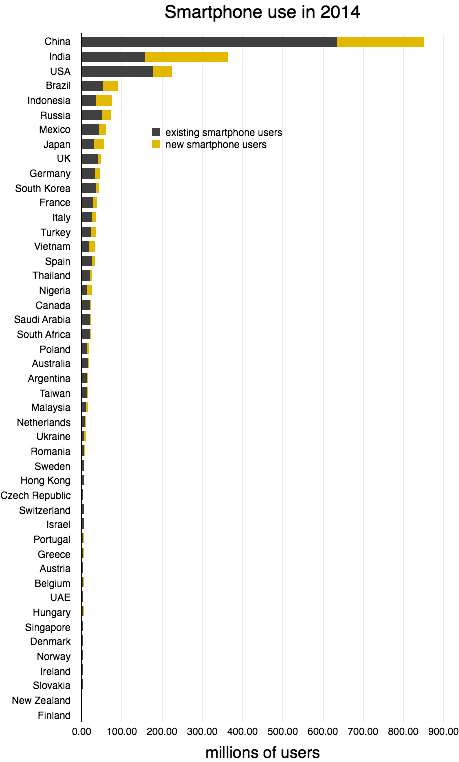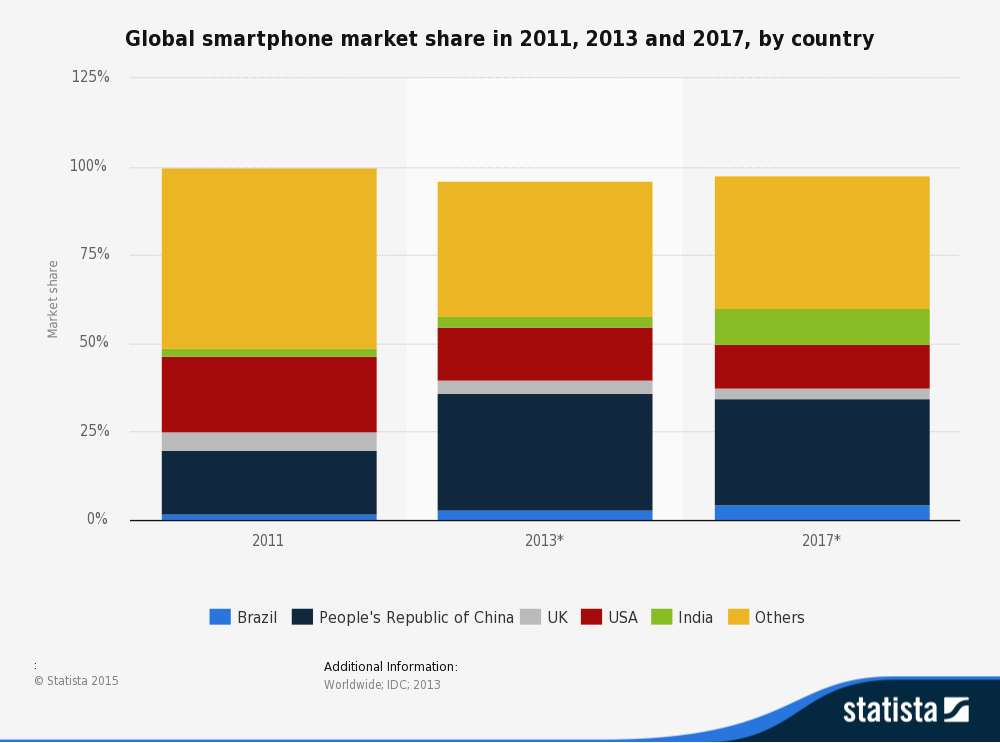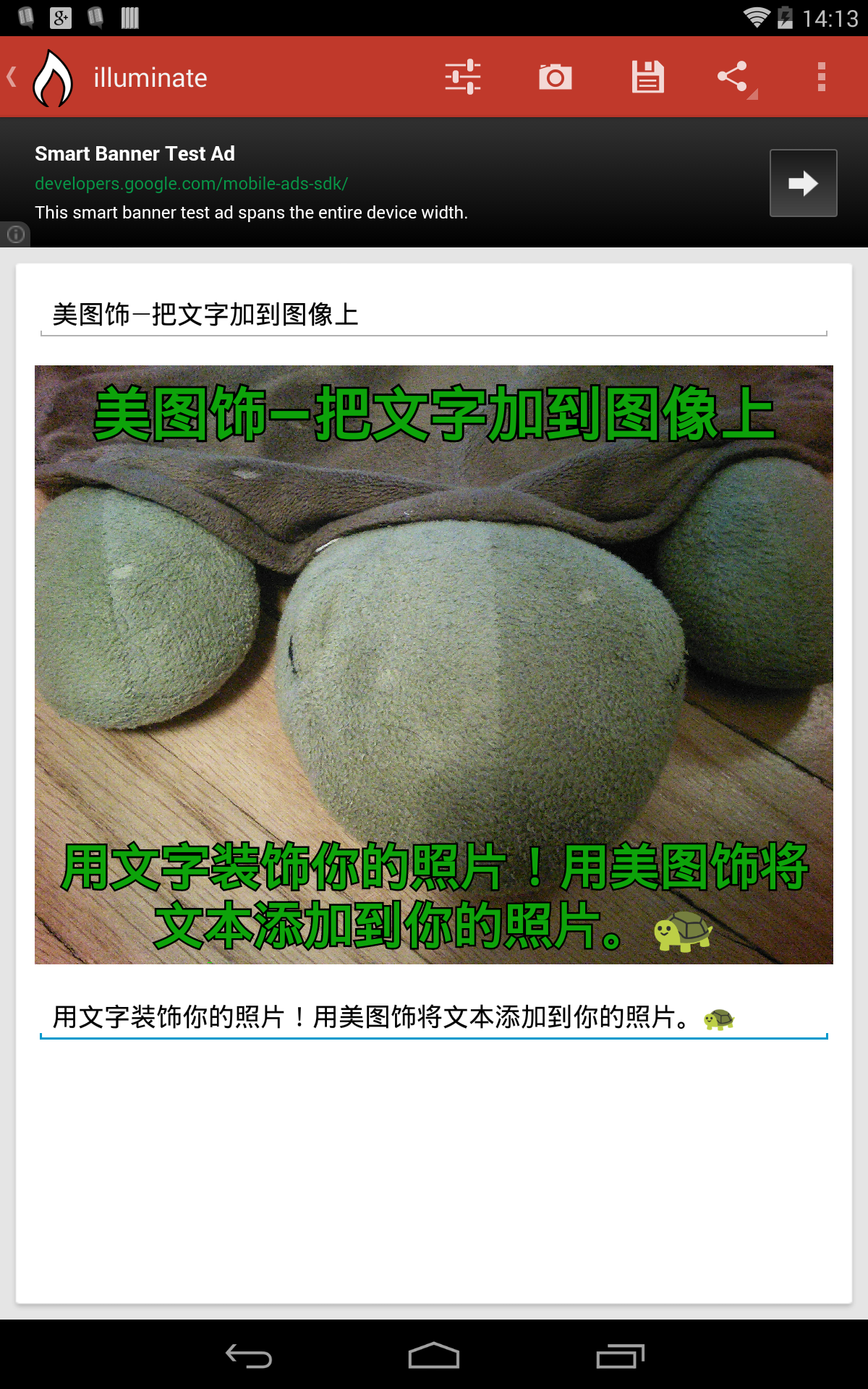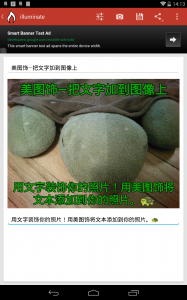Here is part two of my 2015 tech predictions. If you have not already checkout part one.
Now on with part two, starting with:
The Oculus Rift will not revolutionize anything

I feel like I’m missing something when it comes to the new hype that surrounds Virtual Reality technology. A lot of smart people think that it we be revolutionary, but whenever I think of a VR headset I think of something that I don’t want to wear on my head.
Maybe I feel this way because I came of age during the first round of VR hype and saw how badly that failed because the basic technology really wasn’t there and because it became apparent that we didn’t want everything to be a “virtual” copy of the real world. (Unless we approach holodeck levels of VR I’m looking at you Star Trek and far away from you Lawnmower Man) Maybe we’ve solved the first hurdle, but until the tech is in Star Trek league I’m not sure that we will solve the second.
For those that want to say that you have to try it to believe it, I did try the Oculus Rift DK 1 was wasn’t that impressed.
Gaming? Sure. Training? Maybe. Revolution? Nope.
Big Bold Prediction: Facebook’s $4 Billion purchase of Oculus will start to look like a mistake by the end of the year when the Oculus Rift fails to deliver on the hype.

The Chinese app market(s) will grow in importance
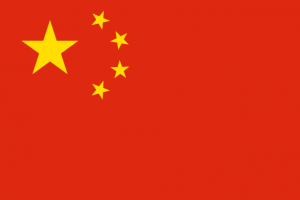
The Chinese smartphone market is the largest smartphone market in the world, which means that the Chinese app market is equally massive and in 2015 app developers in the west will really take notice. We will see more developers (including independents) treat the Chinese market as being equal to, or almost equal to Google Play in terms of targeting importance.
We will start seeing more developers targeting one or more of the many Chinese app stores with their apps, and when they do they will also start integrating Biadu, Weibo, and other Chinese API’s into their apps destined for China in the same way that they currently integrate Google, Apple, or Twitter services now for the western market.
Note: The Chinese market, mostly from it’s many ASOP Android devices (versions of the Android OS that lack Google Services including Google Play) and the blocking by the Chinese government of many western software platforms/services (most of Google’s including an outright blocking of Google Play this year) means that the Chinese market is much different than the western market.
Big Bold Prediction: A Services ecosystem will arise to help western developers release their apps in China.
Microsoft will fail to capture the consumer imagination (again)

I feel a bit mixed about this prediction, I mean I think it’s right, but I also think that with it being Stacha Nadella’s first full year as a CEO we might see some really interesting things coming out of Microsoft in 2015. One the other hand, Microsoft has never been very good at capturing the consumer’s imagination, so the prediction stands.
Microsoft will release Windows 10 in 2015 and we might see a big uptake from the Enterprise world which, by and large, skipped the much maligned Windows 8 release and stuck with Windows 7. (The Windows 8 press was so bad Microsoft skipped version 9 just to distance themselves from it.) But I don’t see everyday consumers caring any more. I don’t think they ever really cared about Windows to be honest, it just happened came on the PC that they bought, or it was the same as what they used at work.
Nowadays most people browse Facebook on the couch with their smartphone (while watching TV) leaving their PC to gather dust in the basement, which means that Windows 10 won’t interest them that much.
We might be do for a home computer upgrade cycle, and the timing of the Windows 10 release might allow Microsoft to post some good consumer numbers (but I don’t really think so) but the magic for the general public is gone (and I would argue that it wasn’t really there in the first place).
In addition to all that Microsoft remains a distant third place in the mobile race. An also ran, not from lack of trying or innovation, and I don’t see them gaining any ground on smartphones any time soon. In fact my far out prediction was them dropping Windows Phone itself.
Big Bold Prediction: Microsoft will sell less copies of Windows 10 in the first three months of release then they did of Windows 8. It will be more popular with the press and get better reviews, but the “consumer desktop” ship has sailed and that means fewer sales for Microsoft.
Extra Note: If Microsoft does deliver a well reviewed version of Windows in Windows 10 it will go a long way to helping the brand with enthusiasts, which is important in the long run, even if it doesn’t boost short-term sales.
Bonus Round
Here are some off the wall predictions that I don’t really think will come true but I wouldn’t be totally surprised if they did:
Xiaomi’s app store will crack the west
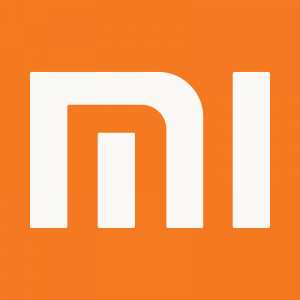
Xiaomi’s Mi App Store will be the first Chinese app store to crack the western markets. They have a popular brand outside of China and Hugo Barra’s past credentials will go a long way to assuring potential users that Xiaomi’s app store is safe.
Google Glass will be taken off the market

Given the public criticism and the decline in developer and consumer support Google glass will quietly drop off of Google Play and fade in history. (Perhaps as a product ahead of it’s time?)
End of Part two
That’s it for part two, I’m not sure if there will be a part three or not. If I do find the time I’d like to cover the Internet of Things and hardware a little bit, which I think will be a big deal in 2015. We are also planning on covering 2015 predictions on The Incoherent Podcast so stay tuned for episode five, where I will probably go over these predictions and maybe go a little bit deeper.
